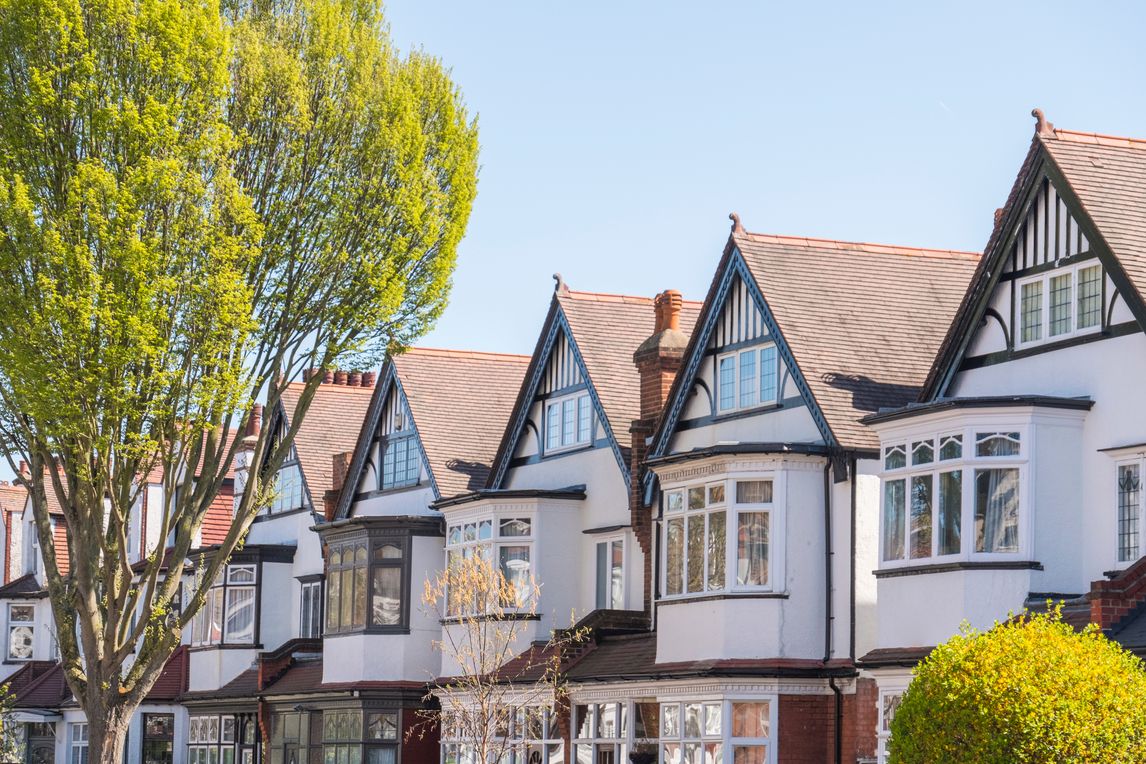
The majority of estates are not large enough to incur Inheritance tax; however, you should still consider it when making your will. For those that do have large estates, inheritance tax can cost loved ones thousands of pounds, but there are ways that this can be reduced.
Inheritance tax is the tax you pay on the ‘estate’ of someone who has passed away; how much you pay depends on the value of the deceased person’s estate – based on assets. This can be cash in the bank, property or business, investments, vehicles and payouts from life insurance, minus any debts.
Inheritance tax from your estate is paid to HM Revenue and Customs (HMRC) by the person dealing with the estate. They are known as the ‘executor’ if there is a will.
You won’t have to pay inheritance tax if:
However, if the above doesn’t apply, anything over the £325,000 threshold will be taxed at 40% when you die. This can be reduced to 36% if you leave at least 10% of the value after deductions to charity.
It is also important to note that your beneficiaries (the people you leave your estate to) don’t usually pay tax on things they inherit. But they may have to pay related taxes, even if the estate is below the threshold, for example, if they get rental income from a house left to them in a will.
The purpose of inheritance tax is to redistribute income so that the money can go back into the state and be distributed for the benefit of all.
What matters is how inheritance tax comes into play when leaving your property to beneficiaries.
If you were to leave your home to your children (including adopted, foster or stepchildren) or grandchildren, the inheritance tax fee could be lower, depending on the total value of the estate.
The £325,000 basic inheritance tax allowance still applies; however, a £175,000 ‘residence nil-rate band,’ otherwise known as a ‘main residence’ band, is applied on top as an additional allowance as long as you own your home or have a share in it. Therefore, your children or grandchildren won’t have to pay tax on the first £500,000. This will only take place if the estate is worth less than £2M. If the value of the estate is over £2M, then the main residence band decreases by £1 for every £2 above £2M.
The main residence band doesn’t apply if the estate has been left in a discretionary will trust, even if the beneficiaries of the trust are your children or grandchildren.
Spouses or registered civil partners are completely exempt from inheritance tax on assets left to them so long as they are living in the UK.
Plus, if your estate is worth less than the £325,000 threshold, any unused threshold can be added to your partner’s threshold when you die.
If you give your home away, move out and live for a further seven years, there is usually no inheritance tax to pay. If you plan to continue living in the property after giving it away, you will need to:
If these conditions are not followed through with, then it will count as a ‘gift with reservation’, a gift you still benefit from, and the property will be added to the value of your estate when you die.
You will not have to pay rent to the new owners, for example, if you transferred ownership of the house to a relative and continue to live in it, providing both of the following apply:
If you die within seven years of giving away all or part of your property, then your home will be treated as a gift, and the government’s 7-year rule will apply. The amount of tax that is due after your death depends on when you gave the gift. Gifts that are given in the three years before your death are taxed at 40%, any gifts given after this are taxed on the ‘taper relief’ scale.
Rate of tax and the years between gift and death:
The estate usually pays for any inheritance tax that is due on gifts unless you give away more than £325,000 in gifts in the seven years before you pass away. If you give away more than £325,000, anyone who received a gift from you in those seven years will have to pay inheritance tax on their gift.
To find out more about inheritance tax and how the team at Muve can advise you when it comes to leaving a property in a will, don’t hesitate to get in touch or get a free quote.

© 2024 Muve UK. All Rights Reserved.